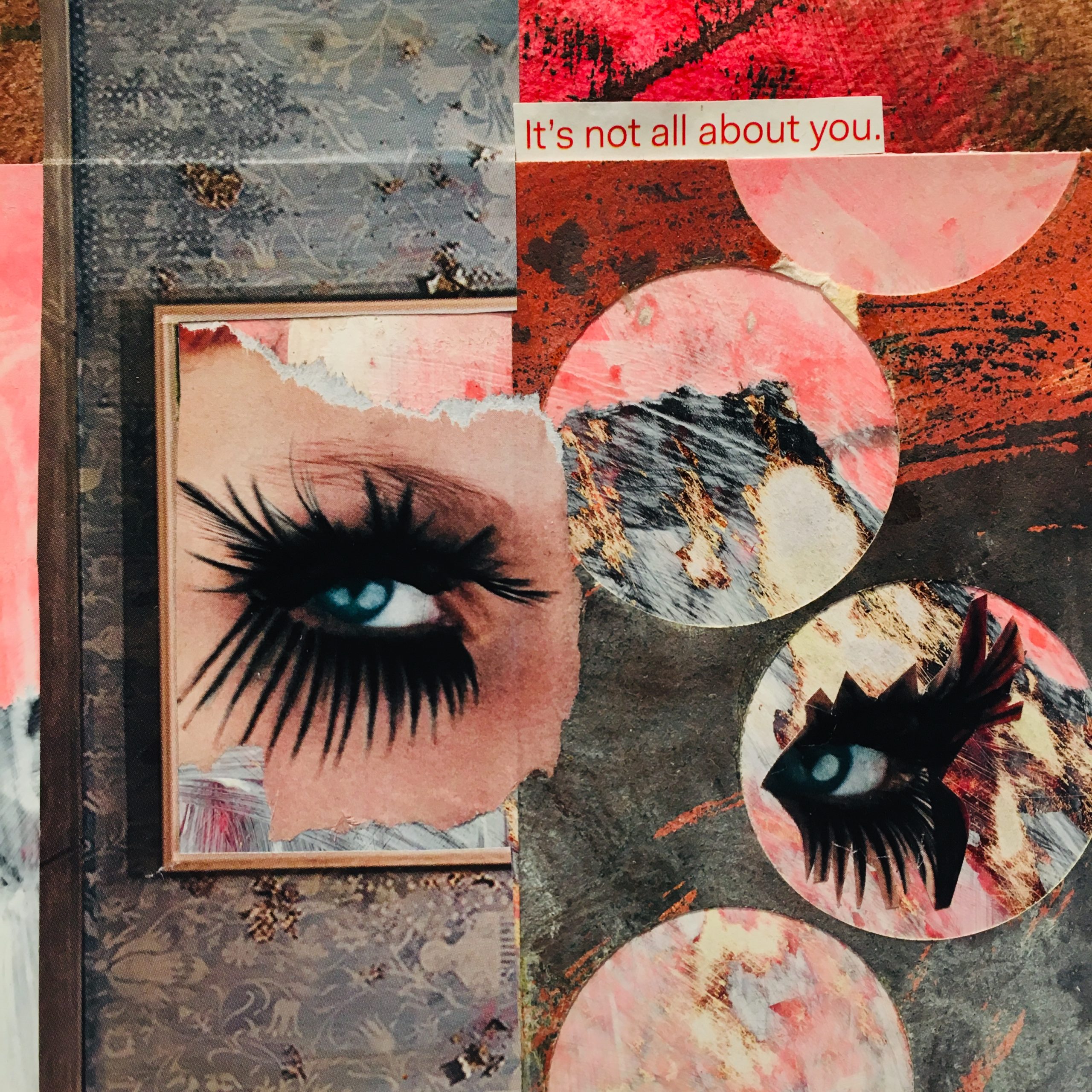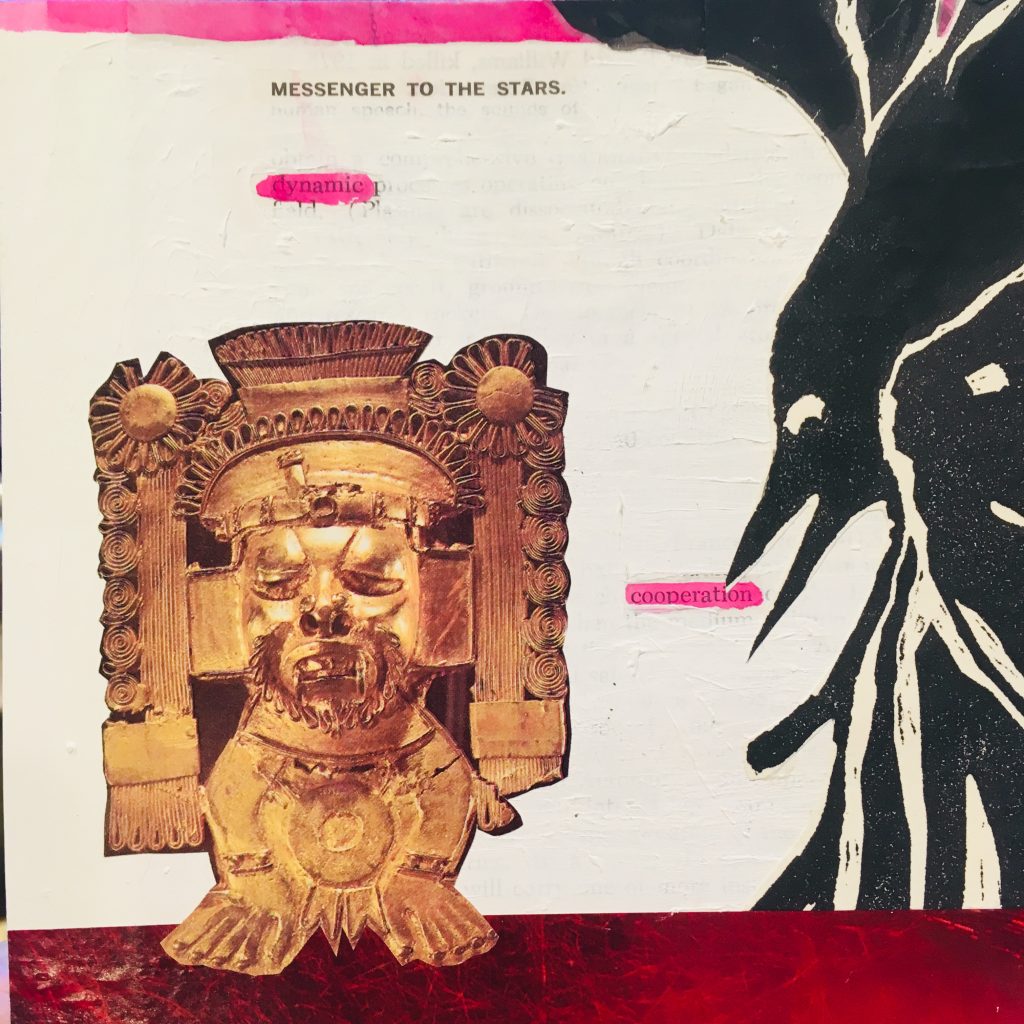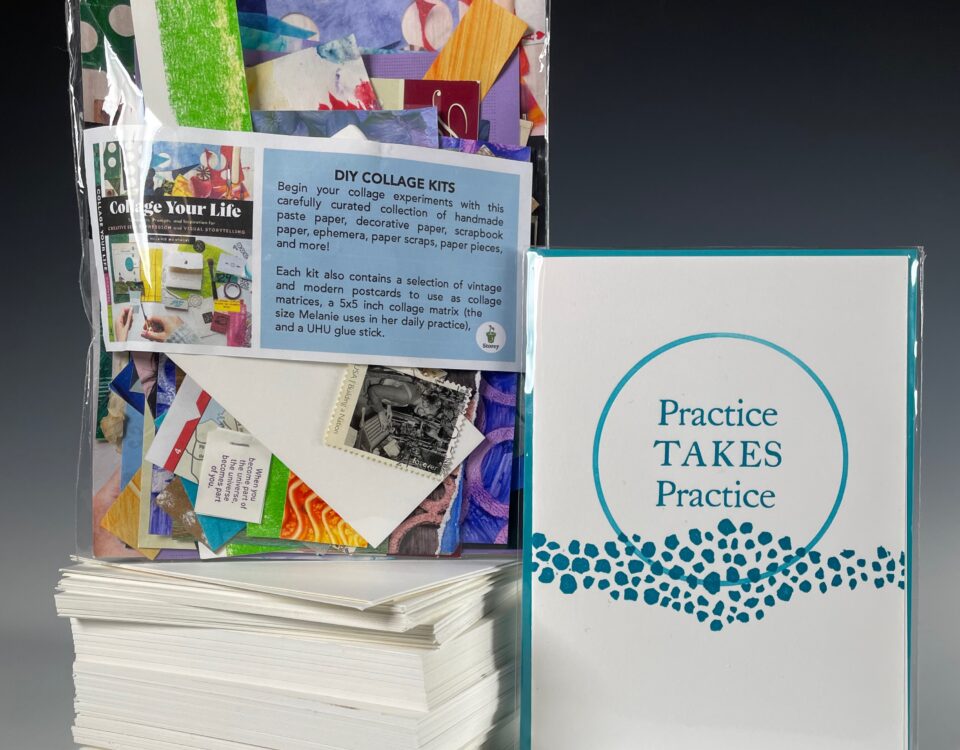
Patience • 12.2.18
December 2, 2018
Translation 12.4.18
December 4, 2018I am a fan of the writer Michael Pollan, author, journalist, activist, and the Lewis K. Chan Arts Lecturer and Professor of Practice of Non-Fiction at Harvard University. Pollan is also professor of journalism at the UC Berkeley Graduate School of Journalism. (Now those are two serious appointments.) I first discovered his work with The Botany of Desire nearly 20 years ago and have since read nearly every book he has written. You may be familiar with The Omnivore’s Dilemma, Cooked, and In Defense of Food. Or maybe you watched the four-part series Cooked on Netflix.
This May he released How to Change Your Mind: What the New Science of Psychedelics Teaches Us About Consciousness, Dying, Addiction, Depression, and Transcendence
I loved this book.
It completely changed the way I look at drugs. Okay, that’s not totally true. I started to see the benefits of drugs in certain situations when preparing for my mastectomy. I suffer from moderate anxiety when it comes to pain, surgery, blood, etc. I was and remain grateful to how Ativan helped me through that time. Pollan’s book chronicles his research about how LSD and psilocybin (the active ingredient in magic mushrooms) are being used to provide relief to people suffering from difficult-to-treat conditions such as depression, addiction and anxiety. But it also explores the possibilities of how they can help rewire those long-engrained patterns in middle-age, allowing one to become more open to life, spiritual awakening and other revelations. While I’m not interested in manufactured psilocybin, I’m intrigued by magic mushrooms. I drink turmeric tea for its anti-inflammatory properties, why not try some mushrooms to help my anxiety. Let’s just say I whole-heartedly believe that with the proper set, setting and guide, psilocybins either as a full-blown experience or microdosing does change the mind. (Want to read more about microdosing? This article from the New York Times will lead you to some more resources.)
So why am I writing about this?
It’s easy to stay in our comfort-zone, especially as we get older. Doug and I moved last week to help change up our daily pattern. I’m in the middle of another project where other people give me challenges to help me move beyond my go-to ways of making. I’m not suggesting that you go out and try magic mushrooms, but I am suggesting that you do something to help break patterns, especially ones that may not be benefitting you, or ones that if broken, may lead you to your best possible self. 
- What is a regular pattern for you? Change it up. Eat something different for breakfast. Drive a different way to work or the place where you volunteer. Make a date with that new person you just met.
- In your work, take an image (for me it’s the bird) that you use regularly and do something different to it. Crop it, zoom in, somehow use it in a way different from your usual practice. Good luck!
Everyday through December 25th, I’ll be making a 5×5 inch collage, writing a short entry on this blog and sharing a prompt for those who might want to participate along with me. You can follow my progress by subscribing to this blog through the sidebar on the blog homepage, or by following me on Instagram.


1 Comment
I like the idea of changing one’s pattern of behaviors. I really admire you and Doug for moving as a way of breathing in newness. Will have to think more about trying something new. In many ways not having a car these past few weeks has infused my life with both newness (and new perspectives), in addition to the practical challenge.